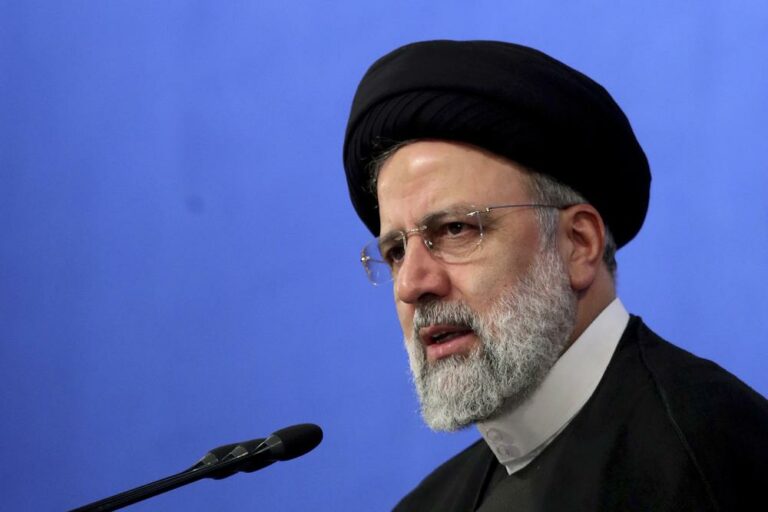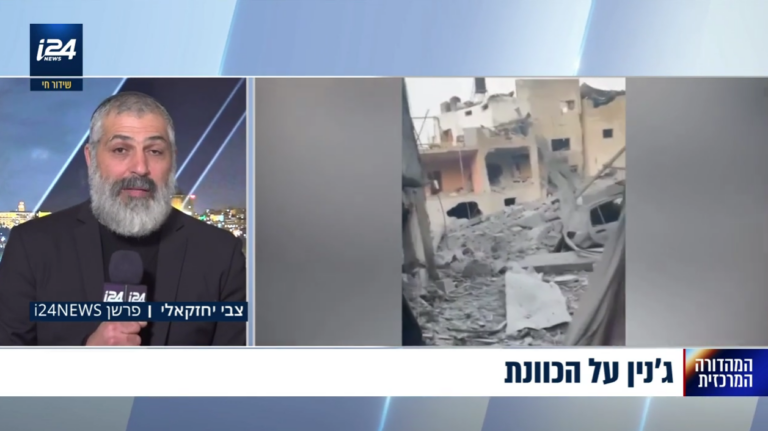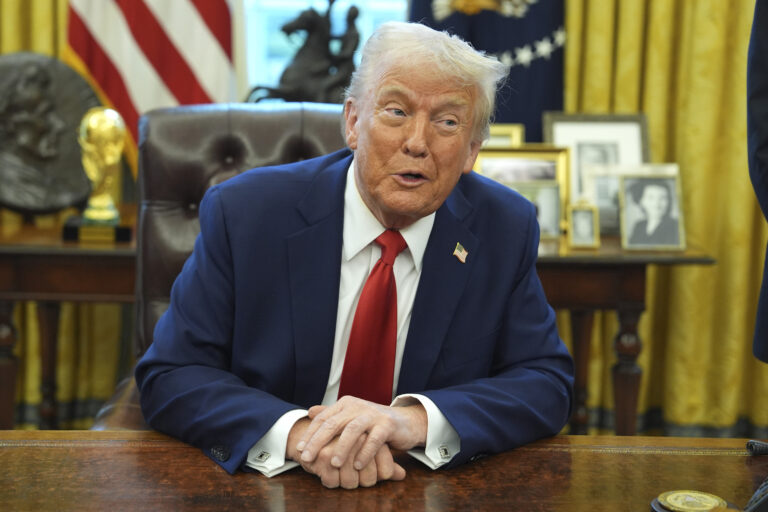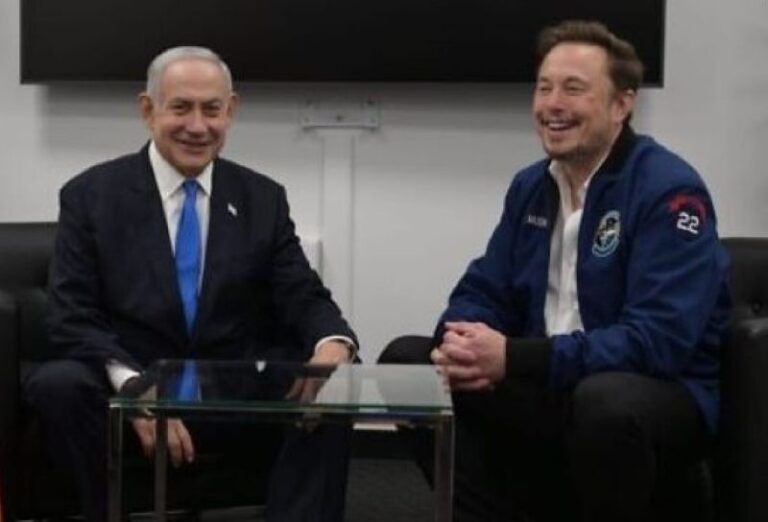Iran sent a written response early Friday in negotiations over a final draft of a roadmap for parties to return to its tattered nuclear deal with world powers, though the U.S. cast doubt on Tehran’s offer.
In Washington, the State Department confirmed it received Iran’s response through the European Union, which has served as an intermediary for the indirect talks after then-President Donald Trump unilaterally withdrew America from the accord in 2018.
“We are studying it and will respond through the EU, but unfortunately it is not constructive,” the State Department said, similarly not elaborating on what the proposal contained.
According to an Axios report, it is now unlikely that a deal will be signed in the coming days.
“It’s clear from Iran’s that these gaps still remain,” a White House National Security Council spokesperson said on Friday. “Iran’s response did not put us in a position to close a deal, as we will not close a deal unless Iran meets the terms that we have set forth. We are not there yet.”
According to a senior European official directly involved in the talks, the Iranian response revisited the issue of the IAEA probes that the US and EU thought was solved.
“The Iranian response was totally unreasonable. It reopens the EU coordinator’s text on nuclear safeguards, which was at the outer limits of our flexibility already — and which the Iranians implicitly accepted in their Aug. 15 response,” the official told Axios.
The 2015 deal saw Iran greatly curtail its enrichment of uranium in exchange for the lifting of economic sanctions. Under the deal, Iran could have only 300 kilograms (660 pounds) of uranium enriched up to 3.67% under the constant scrutiny of International Atomic Energy Agency surveillance cameras and inspectors.
Now, however, the last public IAEA count shows Iran has a stockpile of some 3,800 kilograms (8,370 pounds) of enriched uranium. More worrying for nonprofileration experts, Iran now enriches uranium up to 60% purity — a level it never reached before that is a short, technical step away from 90%. Those experts warn Iran has enough 60%-enriched uranium to reprocess into fuel for at least one nuclear bomb.
While Iran long has maintained its program is peaceful, officials now openly discuss Tehran’s ability to seek an atomic bomb if it wanted. Meanwhile, a series of attacks across the wider Mideast since the deal’s collapse have raised tensions of a wider conflict breaking out.
Both the U.S. and Iran have tried to portray the ongoing negotiations as bending in their favor on issues like the American sanctions targeting Tehran’s paramilitary Revolutionary Guard.
Earlier this week, Iran’s hard-line President Ebrahim Raisi maintained that an IAEA investigation into traces of man-made uranium found at undeclared nuclear sites in the country must be halted.
(YWN Israel Desk – Jerusalem & AP)












2 Responses
this whole negotiation is a gelechter a joke any deal iran desires is by definition a joke
They just trying to gain time, but have no desire whatsoever to sign any deal or to comply with any restrictions. Biden and the Europeans don’t want to accept that Iran is leading them on their noses.